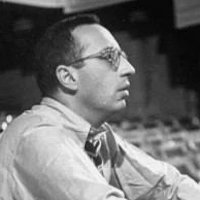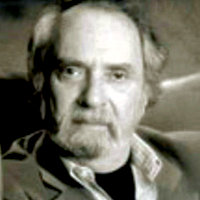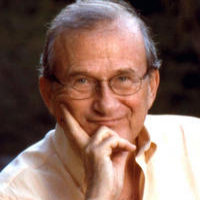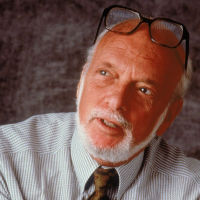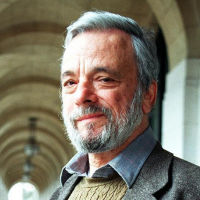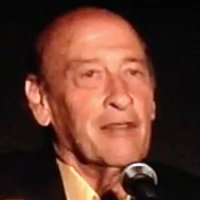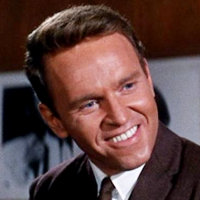| Handout (flat) Handout (folded) Class Script | Return to Index |
Q AND A
Where were my favorite numbers from Company and Follies?
As I explained, I was able to play only a few numbers that develop the main theme of each show. However, as you will see from
the VIDEO LINKS below, you can see both productions complete. The list also includes multiple performances of two of the
best known numbers, "Ladies who lunch" from Company and "I'm still here"
from Follies; check them out.
Can you tell us more about your fall course?
The text that will appear in the catalogue reads: "George Gershwin, Cole Porter, and Irving Berlin brought
you to the theater
to laugh; the word musicals is short for musical comedies. Though laughter is no longer a requirement on
Broadway today, the tradition goes back at least to the comic operas of Mozart and Rossini, or the satires of Gilbert and
Sullivan. And you don't even need a theater; the songbook is packed with numbers that are funny in their own right, whether
performed in a club or heard on a 78 record. Comedy can take the form of outrageous farces that make you laugh out loud, but
it can also be quite subtle, evoking the smile of wry recognition rather than the belly laugh. We will try to break this
down, looking at comedy of all kinds over a wide range of media; the only requirement is that it should involve singers
delivering well-crafted words, preferably in a staged context." The course will probably be divided about equally between
comic opera, operetta, Broadway shows, and singing comedians such as Tom Lehrer and Flanders and Swann.
When may we know more?
Keep checking my site: www.brunyate.com. Probably by the end of next week, I will have posted at least an illustrated screen
for the new course. I will then add a video preview link, more pictures, and an outline syllabus over the following weeks.
VIDEO LINKS
Most things are available on YouTube, though only the NYPO Company has titles. I added a couple of documentary clips about Anyone Can Whistle. For Company, I added the two full documentaries we merely glimpsed in class: the fascinating behind-the-scenes film by DA Pennebaker about the making of the original cast album, which shows a young Stephen Sondheim in action, and the documentary about Marianne Elliot's 2022 gender-bending production. There are also two other complete productions: the 1996 production by Sam Mendes at the Donma Warehouse in London, with a Black Bobby (Adrian Lester), and John Doyle's 2006 Broadway revival, in which the cast members all play musical instruments!
The theme of this class prevented me from playing a couple of iconic songs from the later shows, traditionally sung by older actresses peripheral to the main plot. For "The ladies who lunch" in Company, I have the remarkable sequence from the Pennebaker film in which the overtired Elaine Stritch breaks down while trying to sing it but comes through in the end, plus a lockdown compilation of Meryl Street, Christine Baranski, and Audra McDonald, and a more recent rendering by Patti LuPone. For "I'm still here" from Follies, I have Tracie Bennett from the National Theatre production, plus the original performer Yvonne de Carlo, Elaine Stritch again, and a recent performance by the great Ann Miller—especially poignant if you see this aging survivor and recall the sparkling dancer in all those MGM musicals of yesteryear. Items not heard in class are *asterisked.
| A FUNNY THING HAPPENED ON THE WAY TO THE FORUM | |||
| Film, 1966 |
* Comedy tonight
(Zero Mostel) * Bring me my bride (Leon Greene) |
||
| Broadway, 1996 | * Comedy tonight (Nathan Lane) | ||
| ANYONE CAN WHISTLE | |||
| Title song | * Patti LuPone at home | ||
| Documentaries |
* Origins of Anyone Can Whistle
(Sondheim with Sam Mendes) * Why did Whistle flop? |
||
| COMPANY | |||
| NY Philharmonic, 2012 |
* Complete show
(w/Neil Patrick Harris as Robert) * Sarah and Harry (Martha Plimpton, Stephen Colbert) * You could drive a person crazy * Have I got a girl for you * Getting married today (Katie Finneran, Aaron Lazar) |
||
| Other full productions |
* London, 1996
(Sam Mendes, w/Adrian Lester) * Broadway, 2006 (John Doyle) |
||
| Documentaries |
* Original Cast Album
(film by DA Pennebaker) * Keeping Company with Sondheim (Marianne Elliot, gender bending) * — Matt Doyle on Amy/Jamie (from the above) |
||
| Ladies who Lunch |
* Elaine Stritch
(from the Pennebaker film) * Patti LuPone (from 2021 revival) * Meryl Streep et al. (Christine Baranski, Audra McDonald) |
||
| FOLLIES | |||
| National Theatre, 2017 |
* Complete show * These beautiful girls (Bruce Graham as Roscoe) * Waiting for the girls upstairs * In Buddy's eyes (Imelda Staunton) * Too many mornings / The right girl (Philip Quast, Peter Forbes) * Could I leave you? (Janie Dee) * Loveland * Losing my mind * Live, laugh, love, and ending |
||
| I'm Still Here |
* Tracie Bennett
(National Theatre) * Yvonne de Carlo (the original, here in concer) * Elaine Stritch (in concert) * Ann Miller (Paper Mill Playhouse, 1998) |
||



















